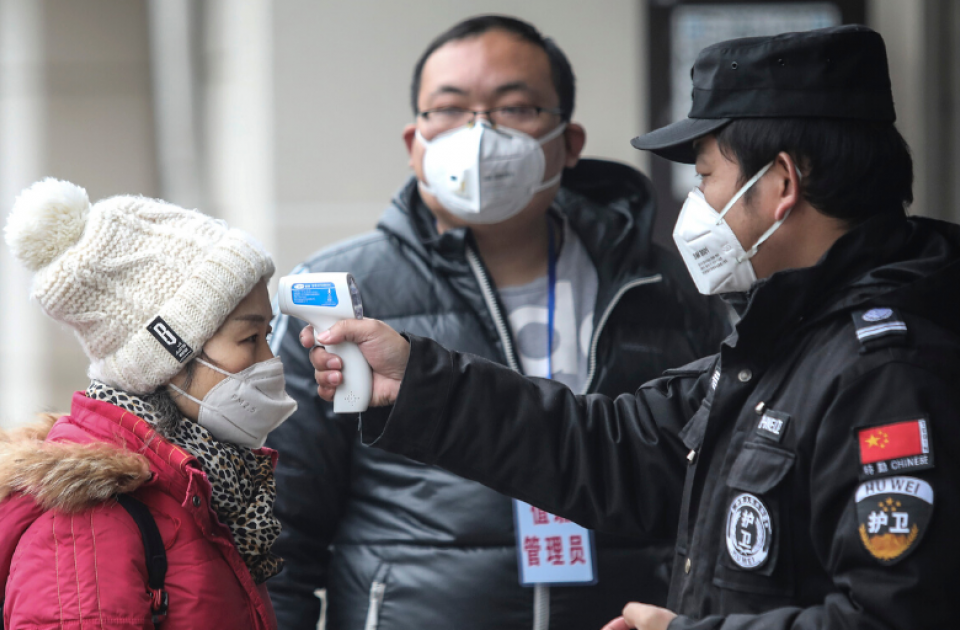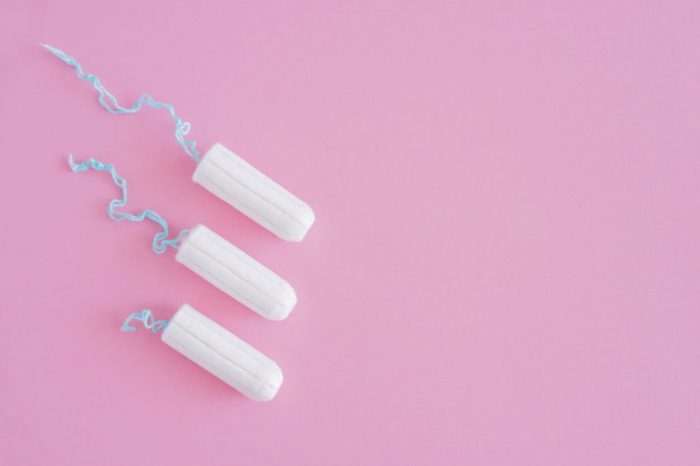During The Coronavirus Outbreak Experts Revealed The Best Ways To Deal With Health Anxiety

The whole world is hit by the coronavirus, as pandemic continues to cause global uncertainty and doubt.
Considering the global hysteria, it’s natural to feel worried about what might happen next.
People with health anxiety, which is a specific form of anxiety that’s categorised by the idea of being seriously ill, are hit hard by the coronavirus outbreak.
It’s only natural that, in the midst of all this panic, we might turn to the internet for advice on how we can do all of the above. I know I certainly have. But social media is rife with myths like ‘taking a hot bath will prevent you from catching COVID-19’ and ‘hand dryers can kill the new coronavirus’, so how do we cut through the noise and get the actual facts?
The only way we can do that is by listening to the experts, and only the experts. As Director-General of the World Health Organization (WHO) Tedros Adhanom Ghebreyesus said: ‘It’s so important that we’re all guided by facts, not fear, in this fight.’
So glad to see @ladbible‘s “Cutting Through” campaign, which will provide important advice to be safe from #COVID19. This video features @WHO experts & guidance on protective measures for #coronavirus. It’s so important that we’re all guided by facts, not fear, in this fight. https://t.co/9PA5XJYUMy
— Tedros Adhanom Ghebreyesus (@DrTedros) March 10, 2020
So, don’t read fake news from social media, or believe in what Facebook or Instagram pages are saying. Listen only to the experts. It’s the only way.
Stephen Buckley, Head of Information at Mind, said it’s possible that ‘worries around coronavirus could be making people with health anxiety feel worse’.

“We know that coronavirus is causing worry and stress for many people. If you already experience a mental health problem, it may be affecting this and how you are coping. Some people may find being asked to stay at home and avoid others stressful or difficult. Media coverage can also play a part in these triggers.
Health anxiety can cause someone to have obsessions and compulsions linked to illness. For example, they may research symptoms to check if they have them. The physical symptoms of anxiety, such as dizziness or a fast heart rate, could then be misinterpreted as signs of a serious illness.”, he said.



